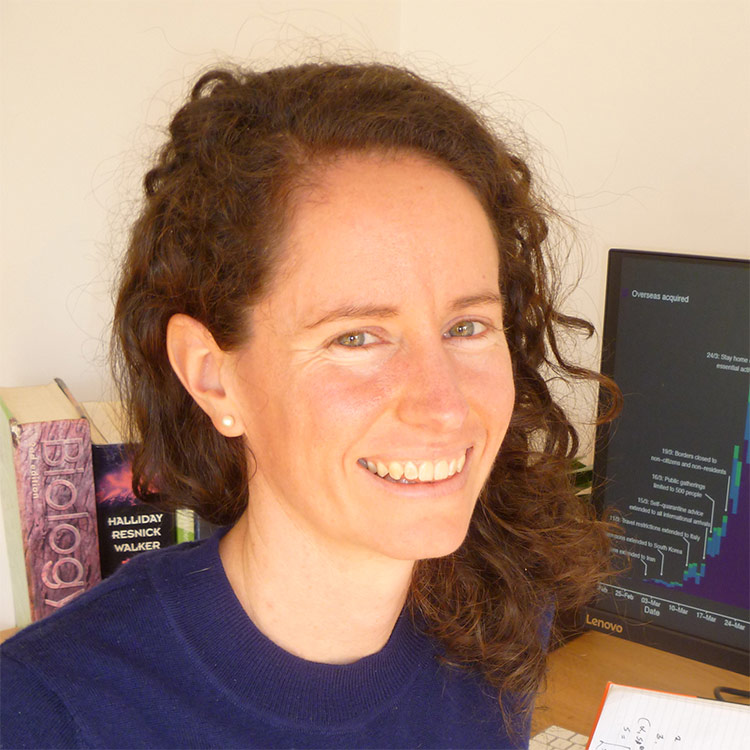Search
Research
Mapping the endemicity and seasonality of clinical malaria for intervention targeting in Haiti using routine case dataTowards the goal of malaria elimination on Hispaniola, the National Malaria Control Program of Haiti and its international partner organisations are conducting a campaign of interventions targeted to high-risk communities prioritised through evidence-based planning. Here we present a key piece of this planning: an up-to-date, fine-scale endemicity map and seasonality profile for Haiti informed by monthly case counts.
Research
Space–time clustering characteristics of malaria in bhutan at the end stages of eliminationMalaria in Bhutan has fallen significantly over the last decade. As Bhutan attempts to eliminate malaria in 2022, this study aimed to characterize the space-time clustering of malaria from 2010 to 2019. Malaria data were obtained from the Bhutan Vector-Borne Disease Control Program data repository.
Research
Spatial clustering of drug-resistant tuberculosis in Hunan province, China: an ecological studyThis study aimed to investigate the spatial distribution of drug-resistant tuberculosis (DR-TB) in Hunan province, China. An ecological study was conducted using DR-TB data collected from the Tuberculosis Control Institute of Hunan Province between 2012 and 2018.
Research
Using Hawkes Processes to model imported and local malaria cases in near-elimination settingsDeveloping new methods for modelling infectious diseases outbreaks is important for monitoring transmission and developing policy. In this paper we propose using semi-mechanistic Hawkes Processes for modelling malaria transmission in near-elimination settings. Hawkes Processes are well founded mathematical methods that enable us to combine the benefits of both statistical and mechanistic models to recreate and forecast disease transmission beyond just malaria outbreak scenarios.
Research
DETECT Schools Study Protocol: A Prospective Observational Cohort Surveillance Study Investigating the Impact of COVID-19 in Western Australian SchoolsAmidst the evolving COVID-19 pandemic, understanding the transmission dynamics of the SARS-CoV-2 virus is key to providing peace of mind for the community and informing policy-making decisions. While available data suggest that school-aged children are not significant spreaders of SARS-CoV-2, the possibility of transmission in schools remains an ongoing concern, especially among an aging teaching workforce. Even in low-prevalence settings, communities must balance the potential risk of transmission with the need for students' ongoing education.
Research
COVID-19 in Ethiopia: A geospatial analysis of vulnerability to infection, case severity and deathCOVID-19 has caused a global public health crisis affecting most countries, including Ethiopia, in various ways. This study maps the vulnerability to infection, case severity and likelihood of death from COVID-19 in Ethiopia. Thirty-eight potential indicators of vulnerability to COVID-19 infection, case severity and likelihood of death, identified based on a literature review and the availability of nationally representative data at a low geographic scale, were assembled from multiple sources for geospatial analysis. Geospatial analysis techniques were applied to produce maps showing the vulnerability to infection, case severity and likelihood of death in Ethiopia at a spatial resolution of 1 km×1 km.
Research
Indirect effects of the COVID-19 pandemic on malaria intervention coverage, morbidity, and mortality in Africa: a geospatial modelling analysisSubstantial progress has been made in reducing the burden of malaria in Africa since 2000, but those gains could be jeopardised if the COVID-19 pandemic affects the availability of key malaria control interventions. The aim of this study was to evaluate plausible effects on malaria incidence and mortality under different levels of disruption to malaria control.
Research
Reconstructing the early global dynamics of under-ascertained COVID-19 cases and infectionsAsymptomatic or subclinical SARS-CoV-2 infections are often unreported, which means that confirmed case counts may not accurately reflect underlying epidemic dynamics. Understanding the level of ascertainment (the ratio of confirmed symptomatic cases to the true number of symptomatic individuals) and undetected epidemic progression is crucial to informing COVID-19 response planning, including the introduction and relaxation of control measures.
Research
Early analysis of the Australian Covid-19 epidemicAs of 1 May 2020, there had been 6808 confirmed cases of COVID-19 in Australia. Of these, 98 had died from the disease. The epidemic had been in decline since mid-March, with 308 cases confirmed nationally since 14 April.

